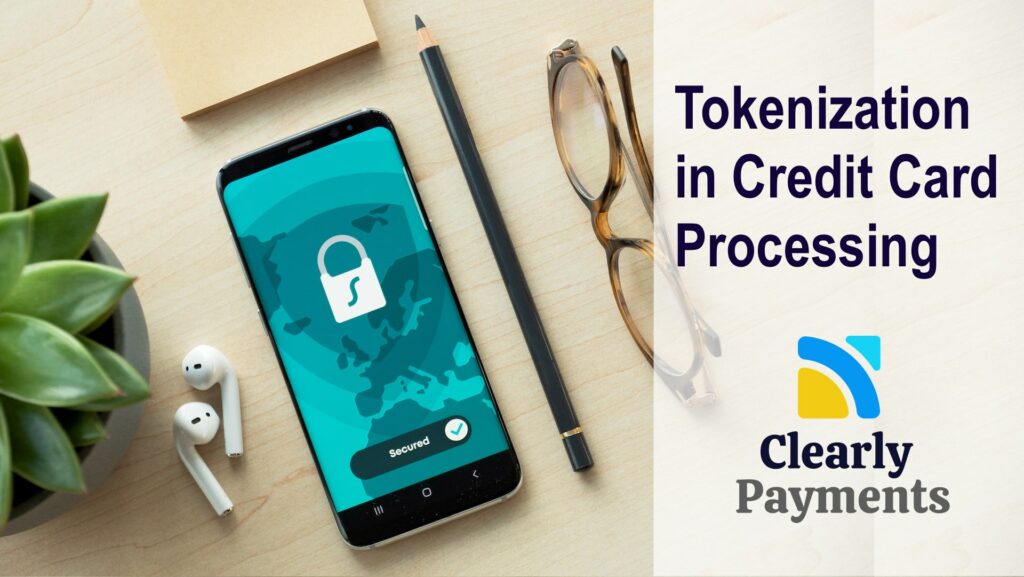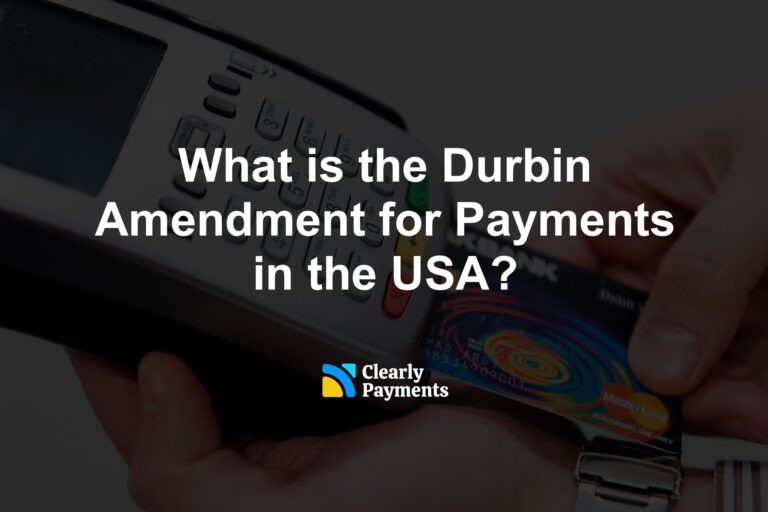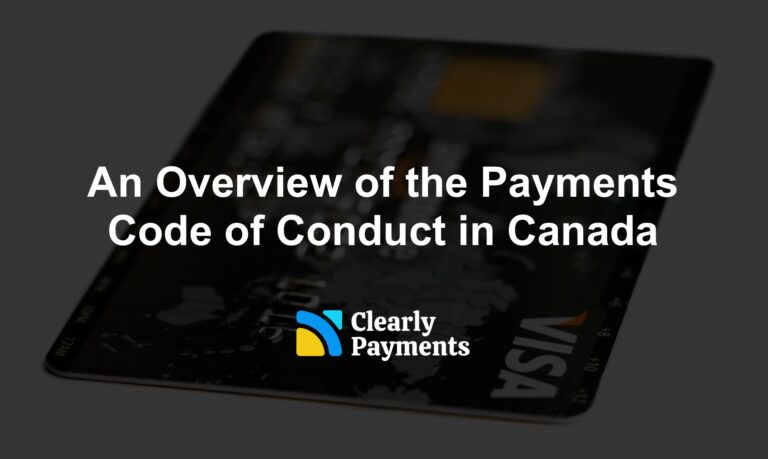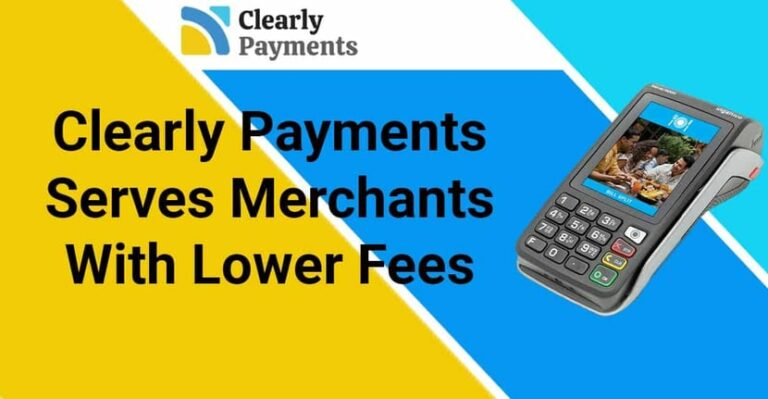The quick explanation of credit card tokenization is that it is the process where a “phrase” (or token) is used to represent credit card information rather than the credit card information itself. This is a technique used by software and payment systems to enhance security.
Tokenization has become very popular in the implementation of technology and is even somewhat of a buzzword. Although tokenization can be used for many different use cases, payments is one of the most common uses for it. The growing use of eCommerce and mobile payments along with the need to increase security has made tokenization so popular.
In payments, tokenization lets users securely store their credit card data in mobile wallets, online stores, and POS terminals making it so they do not need to continually enter their credit card information whey they do future purchases.
What is tokenization in payment processing?
Tokenization is the process of protecting credit card data by replacing the data with a randomly generated number called a token. Therefore, tokenization replaces the credit card details to help secure sensitive data during credit card transactions.
Sometimes tokenization is confused with encryption. Rather than replacing data like in tokenization, encryption encrypts cardholder data and then decrypts when it needs to be used.
How Apple Pay works with tokenization
Let’s use Apple as an example of how tokenization is used. Users first manually enter their credit card information into the Apple wallet on their iPhone. Alternatively, users can take a picture of their credit card to load it into their iPhone.
Apple then sends the credit card details to the credit card’s issuing bank which replaces your card details with a series of randomly generated numbers which is the token. The random number is sent back to the iPhone and programmed into the Apple wallet.
The benefit here is that credit card details are not stored on the iPhone and cannot be extracted by fraudsters. When a purchase is made, that token is sent to the issuing bank, rather than the credit card information.
The types of businesses that use tokenization
Tokenization is very applicable to any businesses with subscription plans for their customers or a business with repeat customers. Tokens are able to be securely stored to create a “one-click” shopping experience for customers. This means it works for any business that wants to save customer credit card information for future purchases. This means that tokenization works for businesses such as software-as-a-service, memberships, online retail, and subscriptions.
The key benefits of tokenization
There are a number of benefits from using tokenization in payment processing, which is why it’s almost universally used across all payment platforms that store credit card information.
There are cost savings: Tokenization in the Clearly Payments platform takes on the tough process of managing credit card data storage in a secure way. This reduces costs involved in managing Payment Card Industry (PCI) compliance.
There is better security: Tokenized data is useless to fraudsters if they manage to somehow hack or steal the data. The tokens cannot be used to make any purchases or even access the data. Tokenization drastically increases security.
Improved user experience: Tokenization lets you improve the user experience for your customers. One example is that repeat buyers don’t need to continually enter their credit card information for future purchases. Tokenization also lets you create a one-click payments experience that significantly increases conversion at the checkout page by making the payment process for shoppers faster and easier.
Overall summary on tokenization
Today, data breaches and cyberattacks are on the rise. This will continue as long as online transactions continue to rise. Businesses should use every tool at their disposal to protect the information of their users and customers. There are very few technologies that offer the security that tokenization does for storing credit card data.
When you use tokenization in the right way, it saves you money, protects your users, and makes your user experience better.




